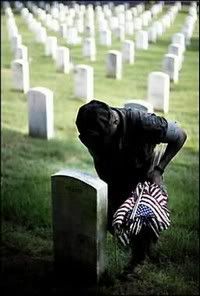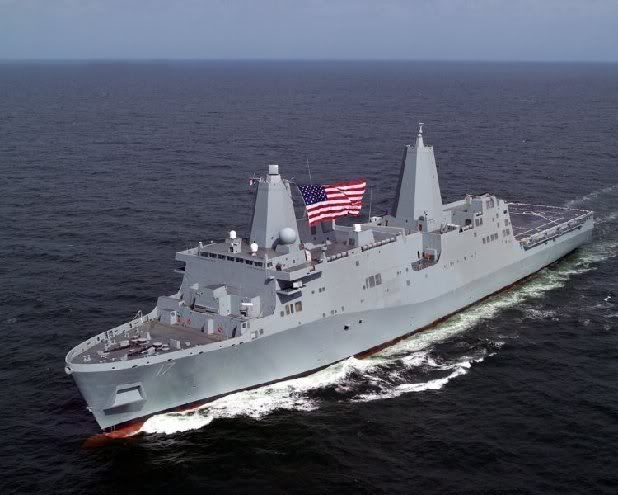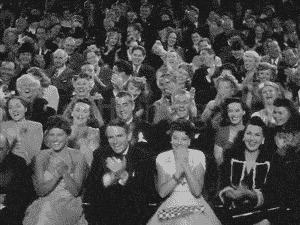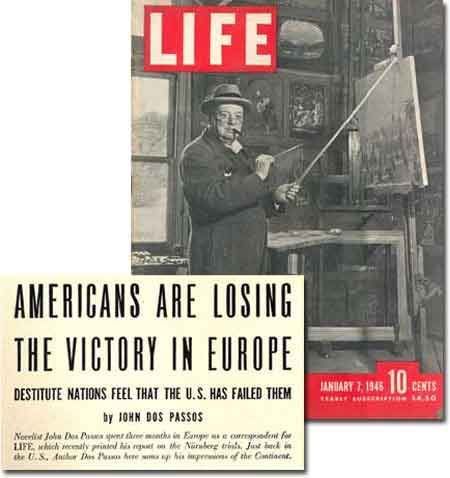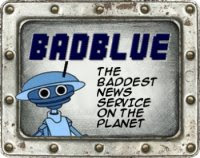
By SANDY COHEN, AP Entertainment Writer Thu May 10, 3:46 PM ET
LOS ANGELES - Bob Barker's road to retirement is passing through prime time.
The legendary daytime game-show host won't tape his last "Price Is Right" episode until June 6, but CBS will honor Barker next week with a pair of prime-time specials celebrating his five decades on television.
"After 50 years in show business and 35 years on CBS, we want to give Bob a prime-time send-off befitting of an entertainment icon," Nina Tassler, president of CBS Entertainment, said in a statement.
The 83-year-old Barker told The Associated Press he picked "just the right time" to say goodbye to the cameras.
"I do not have any regrets about retiring," he said. "Isn't that strange? I expected to have second thoughts."
Barker started his national television career in 1956 as host of "Truth or Consequences." The CBS special features footage of a black-haired Barker cajoling contestants through tricycle races and flapjack-flipping contests.
There are also clips of Barker's appearance as a "cowboy Romeo" on "Bonanza" and memorable moments from past "Price Is Right" seasons, including a montage of overexcited contestants falling down and various men and women who've kissed and mightily hugged the affable host.
CBS president Leslie Moonves makes a guest appearance, praising Barker's "wit, charm and class."
"The stage will never be the same," Moonves said. "You are a legend and I will always be proud to have worked with you."
The prime-time specials, set to air at 8 p.m. May 16 and 17, also feature snapshots from Barker's personal collection, including pictures of his mother, his wife and an AP photo of the fitness buff himself jogging shirtless on a Biloxi beach.
"When I saw that picture, I said, `Get it out in every city in the country,'" Barker recalled. "I said, `I've never looked that good before and I'll never look that good again.'"
Barker said he's looking forward to resuming his daily exercise regimen in retirement.
"I've been so busy here lately that I've had to stop even working out. I hate that," he said. "I'm anxious to just get back into that."
He also plans to travel with his brother and continue working with his animal-welfare charity, the DJ&T Foundation. Named for his late wife, Dorothy Jo, and his mother, Matilda ("Everybody called her Tilly," he said), the organization provides grants for spay and neuter services nationwide. Barker has financed the program since he established it in 1995.
An overflow of fans turned out when the two Barker specials were taped last month. Many wore customized T-shirts commemorating their favorite host's reign.
One read: "T-shirt: $5. Plane ticket: $500. Last chance to see Bob: Priceless." Another, worn by 63-year-old Margaret Boor of Wilmington, N.C., said, "Bob's the most from coast to coast." She decorated it with dozens of jingling gold coins.
"He's one of those G-rated ones," she said of Barker. "He's excited every day and he connects with contestants.
"He's handsome for an 85-year-old," added Boor's daughter, Amanda Hancock, 36, adding a couple of year's to Barker's longevity. "He makes everyone feel special."
"That warmth is genuine," said Roger Dobkowitz, a 35-year "Price Is Right" producer who said he's in "total denial" about Barker's retirement.
"What you see on stage is what he is backstage," Dobkowitz said, calling the longtime host "a wonderful human being" and "a great showman."
"He knows what the people want and because of that, people want the show."
Barker was coy when fans asked how the show would change without him.
"`The Price Is Right' will not continue," he joked. "In fact, when I retire, all of television is going to end. There will be no more television. You can just put potted plants in those sets."
His replacement, still to be picked, is expected to start in September.
"I don't think it's going to be as good without him," said fan Nicci Siggson, 27, who wore a T-shirt that said, "Things to do before Bob retires: Make it to "Price Is Right," kiss Bob's cheek, spin the wheel."
She was among those who gave Barker an extended standing ovation at the show taping.
Barker said he was "absolutely delighted" by the network tribute.
"For them to celebrate my 50 years on television was just a wonderful climax to the whole thing for me," he said. "It was fun, fun, fun, wasn't it?"

